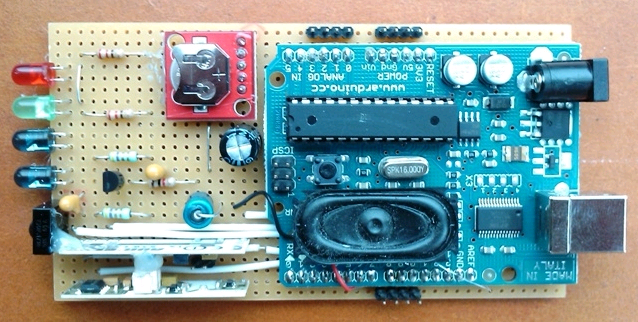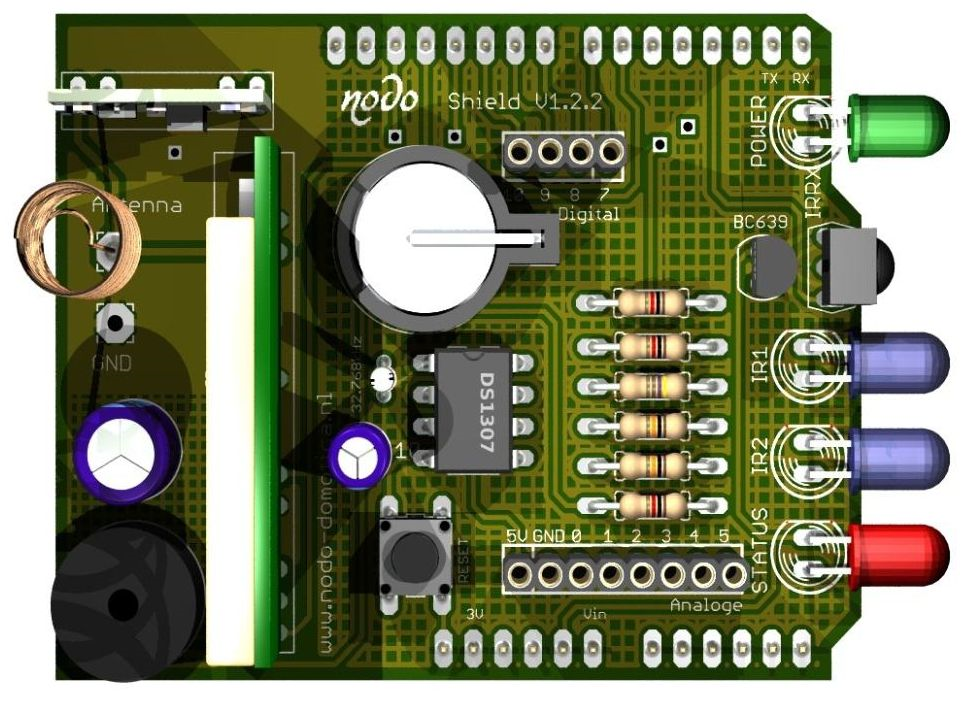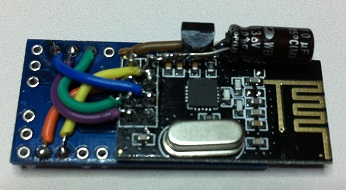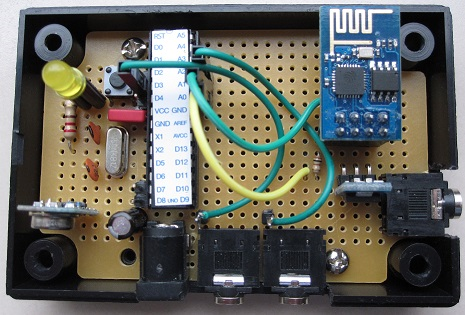History of ESP Easy
The history of ESP Easy finds its origin within the Nodo Project. Although the first Nodo code port experiment (ESP Connexio) is abandoned, the current ESP Easy project inherits lots of code snippets and the plugin concept from the Nodo Project.
So were did it all start:
Contents
20xx - First Nodo samples
There must be some history before i joined the Nodo project...
Anyway, it seemed that Paul Tonkes was not happy with his commercial infrared to Kaku controller and decided to build his own device. And the first Nodo was born...
And at a certain time, a nice production class Arduino Shield was build:
Oct 2011 - Joining the Nodo community
I've read about the Nodo project and ordered my very first Nodo Arduino board
picture ??
Have been using this to control KAKU lights from the very start and this board is presently still controlling my light. (although it's now running RFLink firmware and controlled by ESP Easy rules...)
Dec 2014 - Exploring new Wireless capabilities
Nodo got his first 2.4GHz communication plugin, using the well known NRF24L01
Feb 2015 - Entering the Wifi solution
Nodo got his first ESP Wifi plugin, using it as a serial to Wifi bridge
Apr 2015 - ESP Connexio
The ESP Connexio project was initiated as the first effort to port the original Nodo code to the ESP platform using early version of the ESP8266 Arduino Core. We had to workaround a lot of issues and some of them are likely still present in today's ESP Easy code...
May 2015 - ESP Easy initiative
ESP Easy was initiated, mainly because the Nodo Connexio concept was a bit complicated. We had the same eventlist as the original Nodo project. Quite powerful but also complicated to end users. So we wanted to have something plug and play to hook up sensors to Domoticz
Sep 2015 - ESP Easy R020
ESP Easy was launched on Sourceforge as the very first production edition. No programming required...
Nov 2016 - ESP Easy Mega
ESP Easy Mega was initiated (only for ESP Modules with at least 1MB flash memory). We had to many limitations in ESP Easy, due to the code size that exceeded the 512kB modules flash size. Decided to drop support for these classic modules and went forward with this version.
Still experimental as of today...




